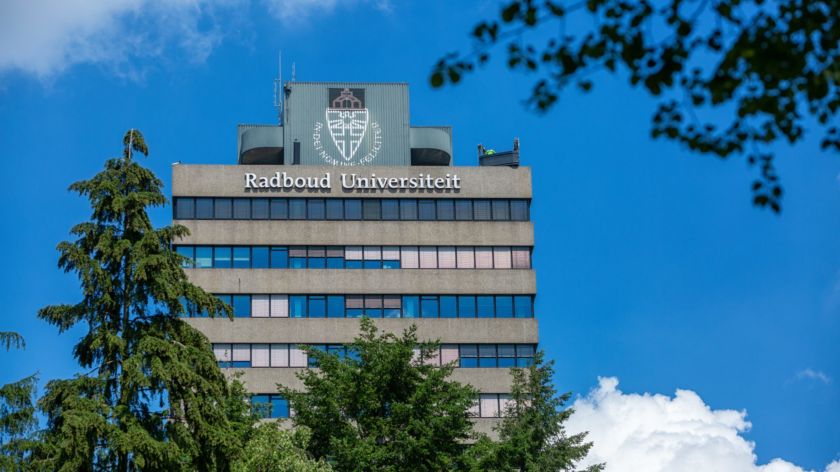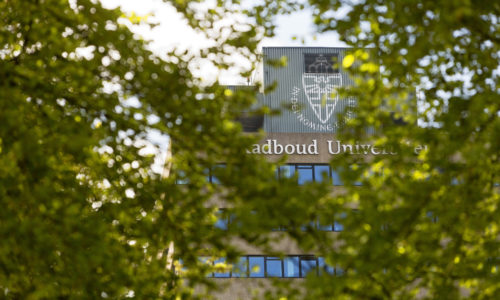Paul Bakker remains absent as a teacher until the end of 2022
-
 Photo: Dick van Aalst
Photo: Dick van Aalst
Professor Paul Bakker will not return as a teacher at the Faculty of Philosophy, Theology and Religious Studies (FFTR) until the end of next year. According to dean Christoph Lüthy, a ‘longer period to cool down’ is needed before Bakker can give lectures again.
Paul Bakker was discredited last spring for ‘inappropriate behaviour’. What exactly he was guilty of has never been revealed, because the university wanted to protect the anonymity of everyone involved. After an external investigation by consultancy firm Berenschot, the professor of Medieval and Renaissance Philosophy was banned from campus until the end of this month.
The case also led to an investigation into social unsafety within FFTR. Another 29 claims were made, on various issues spread across fifteen years. As a result, the faculty came up with a plan of action. This should lead to a code of conduct, among other things.
1,5 years extension
The period of Bakker’s absence from educational duties has now been extended by a year and a half, until after the next academic year, according to an internal statement by the faculty last week. Bakker will not be giving lectures until the first semester of 2022/2023. The reason for this, is that a longer period is needed ‘to cool down’, explains FFTR dean Christoph Lüthy by telephone.
One of the reasons that this extension is necessary is the way this topic has affected the entire faculty, he says, in which ‘the constant media attention has amplified the emotions’. Lüthy: ‘Agreements have been made with Bakker about his reintegration process. This means that lectures should take place in an environment where everyone feels safe.’
‘There is no question of an extension of Bakker’s “penalty”’
In a year and a half from now, the dean hopes that all necessary measures will have been taken to allow Bakker to return. ‘At that point in time, there must be enough confidence within the faculty to be able to function together again.’
The measure is by no means an extension of Bakker’s ‘penalty’, he emphasizes. ‘His reintegration process does not start with education, but it ends with it.’ In the meantime, Bakker can engage in other activities, like research. Lüthy: ‘He also still receives his salary, from his saved sabbatical resources.’
Code of conduct
In the meantime, the faculty is implementing the aforementioned plan of action, the dean says. ‘We need to discuss internally what has happened, and see how we can regain a structure of trust. In that regard we look beyond this single case. The code of conduct that we want to draw up is about what is desirable behaviour within hierarchical structures, and about dealing with dissenting opinions.’
By developing a code of conduct, Lüthy also hopes that the faculty can serve as a testing ground for the entire university.


